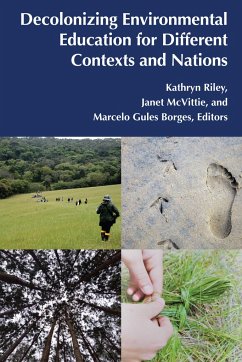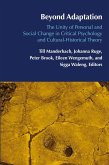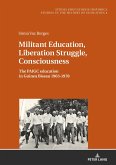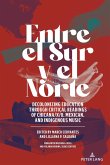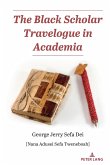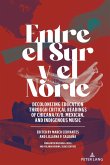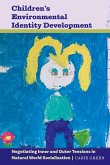As Dominant Western Worldviews (DWWs) proliferate through ongoing structures of globalization, neoliberalism, extractive capitalism, and colonialism, they inevitably marginalize those deemed as 'Other' (Indigenous, Black, Minority Ethnic, non-Western communities and non-human 'Others', including animals, plants, technologies, and energies). Environmental Education (EE) is well-positioned to trouble and minimize the harmful human impacts on social and ecological systems, yet the field is susceptible to how DWWs constrain and discipline what counts as viable knowledge, with a consequence of this being the loss of situated knowledges. To understand the relationships between DWW and situated knowledges and to thread an assemblage of ontological views that exist in unique contexts and nations, authors in this book take up decolonizing methodologies that expand across theories of Indigenous Knowledges (IK), Traditional Ecological Knowledges (TEK), two-eyed seeing, hybridity, and posthumanism. As EE opens to emplaced and situated socio-cultural and material stories, it opens to opportunities to attend more meaningfully to planetary social and ecological crisis narratives through contingent, contextualised, and relevant actions.
"About a decade ago, educators began to realize that Indigenous peoples traditionally live the gold standard of sustainability. It soon eclipsed the Eurocentric, three-pillar (economy, society, environment), hegemonic, sustainability agenda favoured by UNESCO. As Marie Battiste rationalized, 'You can't be the global doctor if you're the colonial disease.' A decade later, we are gifted by a book that presents a diverse sustainability agenda aimed at ecological and social justice in environmental education (EE). Its diversity is secured by conveying experiences from eight countries (Australia, Bangladesh, Canada, Brazil, Ghana, Jamaica, Mexico, and USA). Each animates important conceptual and methodological contributions to EE scholarship. Just as diversity breeds ecological strength in natural settings (aka Mother Earth), this book's diversity offers a refreshingly strong array of knowledge and wisdom. It maps out an evolved agenda for sustainability in EE, which promises to eliminate the current Euro-American global transculturation-the ideology of colonialism. Megan Bang calls such an innovation a 'move toward just, sustainable, and culturally thriving futures.'" -Glen Aikenhead, Emeritus Professor, Curriculum Studies, University of Saskatchewan, Canada

